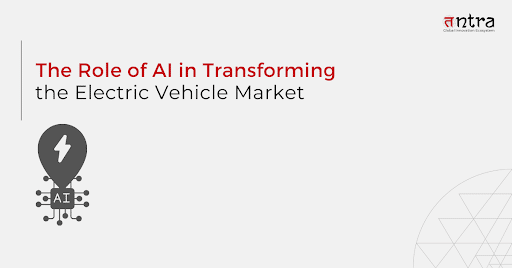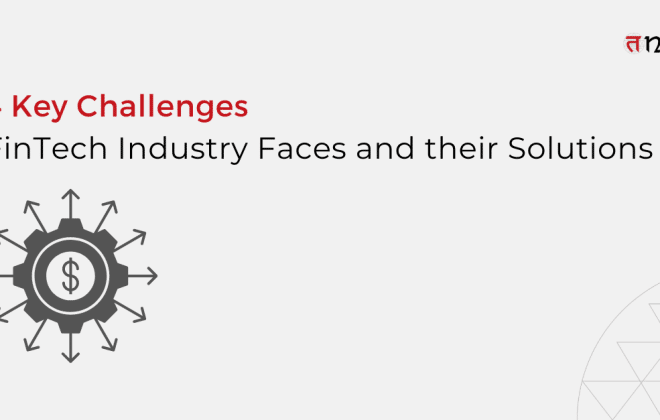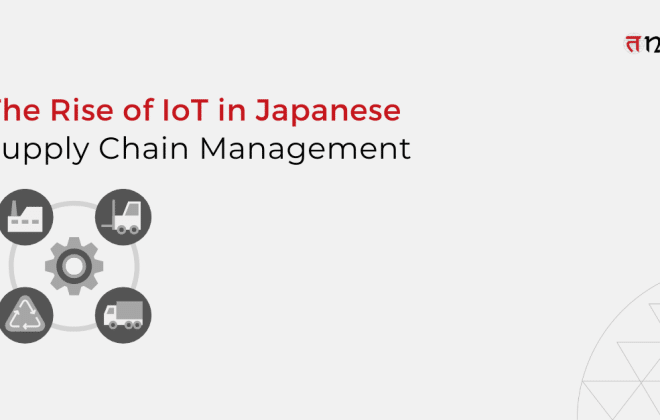
The Role of AI in Transforming the Electric Vehicle Market
Electric vehicles are merging with AI, creating a smarter transportation landscape. AI optimizes charging schedules, personalizes the driving experience, and even assists in battery production. This collaboration improves efficiency, extends driving range, and paves the way for autonomous driving. Ready to explore the future of sustainable transportation? Learn more about AI-powered EVs in this comprehensive article.
In terms of goals and ambitions for electric vehicle technology, Tesla is at the top of the list. The company utilizes AI inference chips, AI training chips, and deep neural networks to solve problems such as judgment and control.
“Our networks learn from the most complicated and diverse scenarios in the world, iteratively sourced from our fleet of nearly 1M vehicles in real-time,” Tesla said. “A full construct of Autopilot neural networks has 48 networks that require 70,000 GPU hours to train. At each timestep, they generate 1,000 different tensors (predictions). It has contributed to a complete AI-integrated EV ecosystem for Tesla.
Similarly, Waymo sprang out of Google’s self-driving car ideas. To fully capitalize on the benefits of cutting-edge hardware, the company developed a software stack based on cutting-edge AI algorithms and Machine Learning research. Everything in the system gets the advantage of accessing the company’s data of 20 million miles, driven autonomously.
ML systems have to cope with a wide range of data formats, including video footage, lidar point clouds, and radar imaging. Sensor fusion enables the company’s technology to understand everything and produce more intelligent Machine Learning. According to Waymo, if a camera system detects a stop sign, lidar can assist the autonomous driver in determining if it is a reflection in the window or a commercial picture on the back of a truck.
(Source: AI Magazine)
AI in the Electric Vehicle Industry: A Brief Overview
The worldwide automotive AI market was valued at USD 2.99 billion in 2022 and is predicted to increase at a CAGR of 22.7% between 2023 and 2030. The introduction of Artificial Intelligence (AI services) into the automobile sector marks the beginning of a new era, allowing enterprises to track operations, optimize business planning, produce autonomous and semi-autonomous vehicles, and improve digital outcomes. Rising demand for self-driving cars, the use of Artificial Intelligence in traffic management, improved automotive solutions, and government initiatives are all driving the worldwide automotive AI solutions market.
Asia Pacific claims a revenue share of more than 28.7% in 2023. The increasing sales of AI implementation in automobiles in nations such as South Korea, India, Japan, and China are driving the growth of the automotive Artificial Intelligence market in this area.
Data science and Machine Learning technology help automotive companies remain competitive by enhancing everything from research to design to manufacturing to marketing processes, and automobile data analytics are not restricted to self-driving cars. For example, it is equipped with cameras, various sensors, radars, and lidar that aid in course planning and a better understanding of the surroundings, which are good market considerations.
The Transformative Power of AI for Electrical Vehicles
Artificial intelligence and EVs, two seemingly disparate technologies, are merging to transform the car industry and beyond. AI into electric vehicles, with its ability to handle large quantities of data and make intelligent judgements, has discovered its natural habitat in electric vehicles. This combination of AI and EVs is resulting in a variety of benefits that go well beyond the road.
AI-driven technologies are more than just futuristic robots; they are also changing how we handle our energy resources. AI is capable of making accurate forecasts about future EV users’ charging behavior and requirements. AI can help charging station owners maximize their business plans and optimize their resources by analyzing data from charging stations and user behavior.
Here are some ways AI will transform the EV market –
- Better Charging Schedules
Maximizing the effectiveness of charging schedules is critical for ensuring a consistent and dependable supply of electricity, and AI is growing as a potent tool for accomplishing this. Battery technology with AI can use powerful algorithms to analyze real-time power system conditions and determine the most efficient charging plans.Along with these algorithms, AI in energy management for EVs can optimize charging schedules depending on a variety of criteria, including time-of-use tariffs, which change energy pricing according to the availability of electricity. Charging can take place during off-peak hours when prices for electricity are low and renewable energy is plentiful.
- Effective Battery Production
AI allows innovators to optimize all parts of the battery development pipeline, including developing the battery’s chemistry, size, and shape to identify superior manufacturing and storage solutions. Artificial intelligence can help us conserve time and costs by swiftly selecting the most promising techniques and eliminating superfluous experiments.Furthermore, AI can identify trends in early data that predict the length of time batteries will survive, allowing companies to manage cycle studies and testing processes. AI can also help extract knowledge that humans cannot, which speeds up the battery production process and vehicle efficiency with AI.
- Creating Personalized Experiences
Generative AI is poised to transform personalization by predicting consumer tastes and delivering tailored experiences. For example, AI-enabled user experience can forecast routes, suggest services, and even customize in-car personal assistants, resulting in a totally personalized user experience.Mercedes-Benz, in conjunction with Microsoft, has incorporated this technology into its MBUX entertainment system, bringing user engagement to the next level. The boundless potential of generative AI for creating personalized, immersive experiences in the automobile industry foreshadows an exciting future.
The future of AI-enabled electric vehicles is fascinating. The technology is regularly evolving and getting more closely linked to Artificial Intelligence (AI). AI-powered electric vehicles will be part of a wider network that interacts with smart infrastructure.
The Bottom Line
The amalgamation of Artificial Intelligence (AI) and the electric vehicle industry is transforming transportation. As the environment requires appropriate solutions and lower carbon emissions, it will assist in propelling the sector towards a smarter and more effective future.
AI improves energy efficiency by optimizing transmission and increasing driving ranges. Integrating autonomous driving capabilities revolutionizes commuting, makes travel more convenient, and ensures safety. The collaboration between Artificial Intelligence and the electric vehicle sector is forward-thinking, innovative, and sustainable.
If you are looking to integrate Artificial Intelligence in your enterprise or consumer applications, Tntra Technology Solutions is the partner you should opt for. With over 100 experts and engineers, our software product engineering services empower your business by bringing a complete AI transformation. Book your FREE CONSULTATION CALL today!




